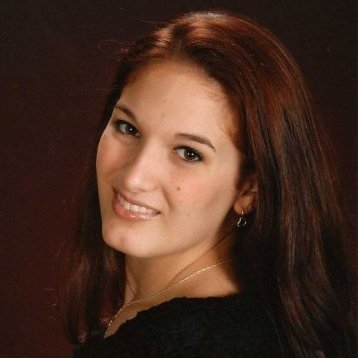Name: Kayla Mormak
Year in Program: Third Year, MSIS/MPIA dual degree program (Second year of MSIS)
Specialization(s): Security
What do you like about the program(s)? Any favorite courses?: I love that we’re being prepared for the workforce practically and theoretically. The concepts presented in lecture can (mostly) be demonstrated with a program or script and they become very real. It’s hard to pick a favorite — but I guess I would have to say Crypto. Maybe I’m crazy, but I love math and puzzles so I found it fun.
What is your title? Scholarship for Service student
What does a typical day at position look like? It’s different for each of us, depending on what projects we’re working on and/or the internships we’re involved with. Currently I’m working on a paper that I’m hoping to publish later this year. A typical day recently has involved working on an IRB (Institutional Review Board) application for a study about social media users’ security preferences, but previously and in the near future will involve equal metric tons of reading and writing.
How does this position relate to your future goals? I am very strongly interested in IT policy, both on a governmental and institutional level. In addition to doing research on user behavior and preferences, the SFS program provides me with the opportunity to work for a governmental organization after graduation. Worst case scenario I get a first-hand look at what needs to be improved, but best-case scenario I can make a real difference in the agency I find placement with.
How are you managing your time effectively? Lots of coffee and lots of calendars!!! I’m currently taking four courses and an independent study, so if I didn’t have everything written down and reminders from my phone I would be a complete mess. I spend about 4 hours a day doing research during the week, and try to get all my homework for the week done on Saturday and Sunday.
What is your favorite part of your job? Having the opportunity to do independent research, and the flexibility to pursue a project that is tailored to my interests. I have support when I need it, but otherwise I have a lot of freedom.
Do you have any advice from prospective students? Don’t be afraid to email professors, whether you have a question or you’re just interested in what they study. They’re people too! They want to help you succeed, and when you’re genuinely interested it means that much more.
Are there any questions that I should have asked? Nope, I think you caught ’em all.

